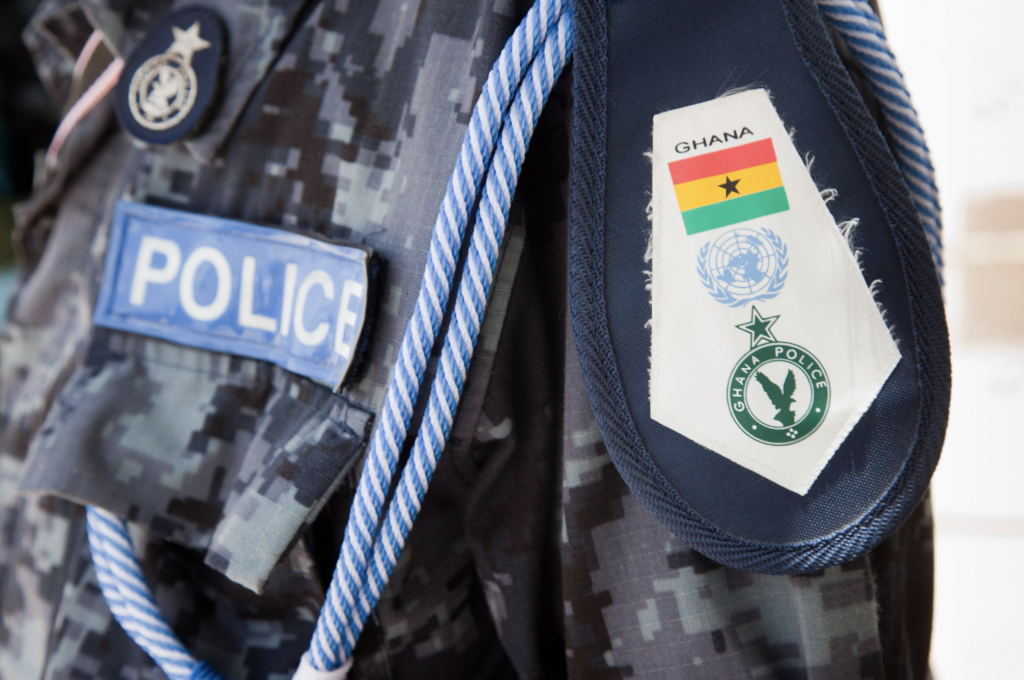The unexpected and catastrophic nature of terrorist attacks has called for the implementation of precautionary measures aimed at combating the threat of future attacks. Across the globe, this has given rise to the proliferation and circulation of counterterrorism measures and models – also in countries that have not experienced terrorist attacks on home soil.

This circulation is not simply a one-way process involving the direct transfer of Western models measures and models. Instead, it involves processes of translation and appropriation, as global norms and trends diffuse into and intersect with localized security logics and at times contradictory or competing rationalities.
In my recent article in Security Dialogue I explore how Western counterterrorism measures and models becomes entangled with local security logics in Ghana – in a country that has not been directly affected by domestic terrorism, but has recently become a strategic key site for external counterterrorism interventions. Examining how police officers in the Counter Terrorism Unit of the Ghana Police Service perceive of and seek to preempt terrorist threats that have not yet materialized, I illuminate the ways in which preemptive measures are translated, appropriated and operationalized in local practices of policing.
[W]hile aimed at locating terrorist threats, everyday practices of patrolling primarily become a matter of policing ordinary flows of people, goods, and information
In everyday practices of policing, Ghanaian officers seek to translate fuzzy representations of terrorist threats into suspicious signs and potential dangers. Here, foreigners from countries such as Mali, Burkina Faso, and Nigeria especially represent a key target. These foreigners, the officers suggest, pose a threat to security in Ghana because they are involved in criminal activities ranging from prostitution, arms and drugs trade, fraud, and money laundering to armed robberies, kidnappings, and contract killings. While only a minority uses Ghana as a space for terrorist recruitment and terrorist planning, it is important to monitor the activities and movements of these people, the officers argue, owing to the potential linkages between organized crime and terror. Attempting to pinpoint foreign criminals in the area, the officers patrol residential settlements and abandoned construction sites that may be used as hide-outs. However, while aimed at locating terrorist threats, everyday practices of patrolling primarily become a matter of policing ordinary flows of people, goods, and information.
Through the case of Ghana, the article demonstrates the significance of moving beyond the bias toward Western perspectives if we are to shed light on the emergence and multiple manifestations of contemporary security responses to the global War on Terror. By doing so, it becomes clear that domestic counterterrorism approaches are shaped by local, context-specific security logics. Tracing everyday practices of counterterror policing in Ghana, we see how these logics are productive of a modality of counterterrorism that ends up being mainly and a matter of attempting to be perceived as being in control – that is, of demonstrating a presence in the face of more tangible security concerns in crime-ridden neighborhoods, rather than acting upon potential future threats.